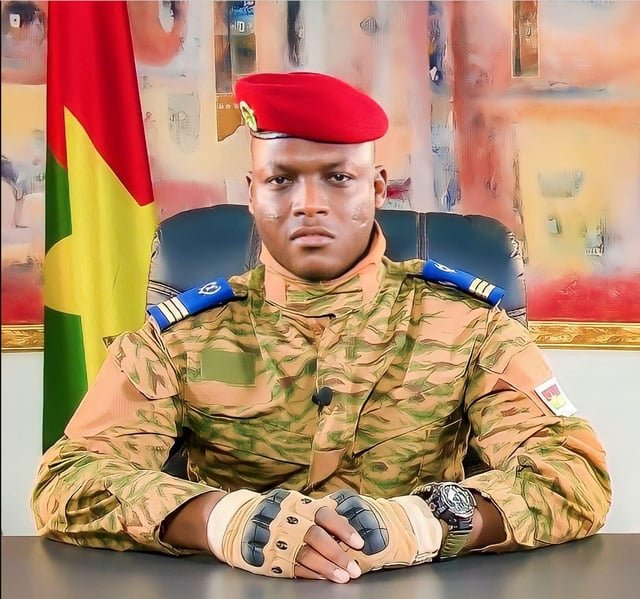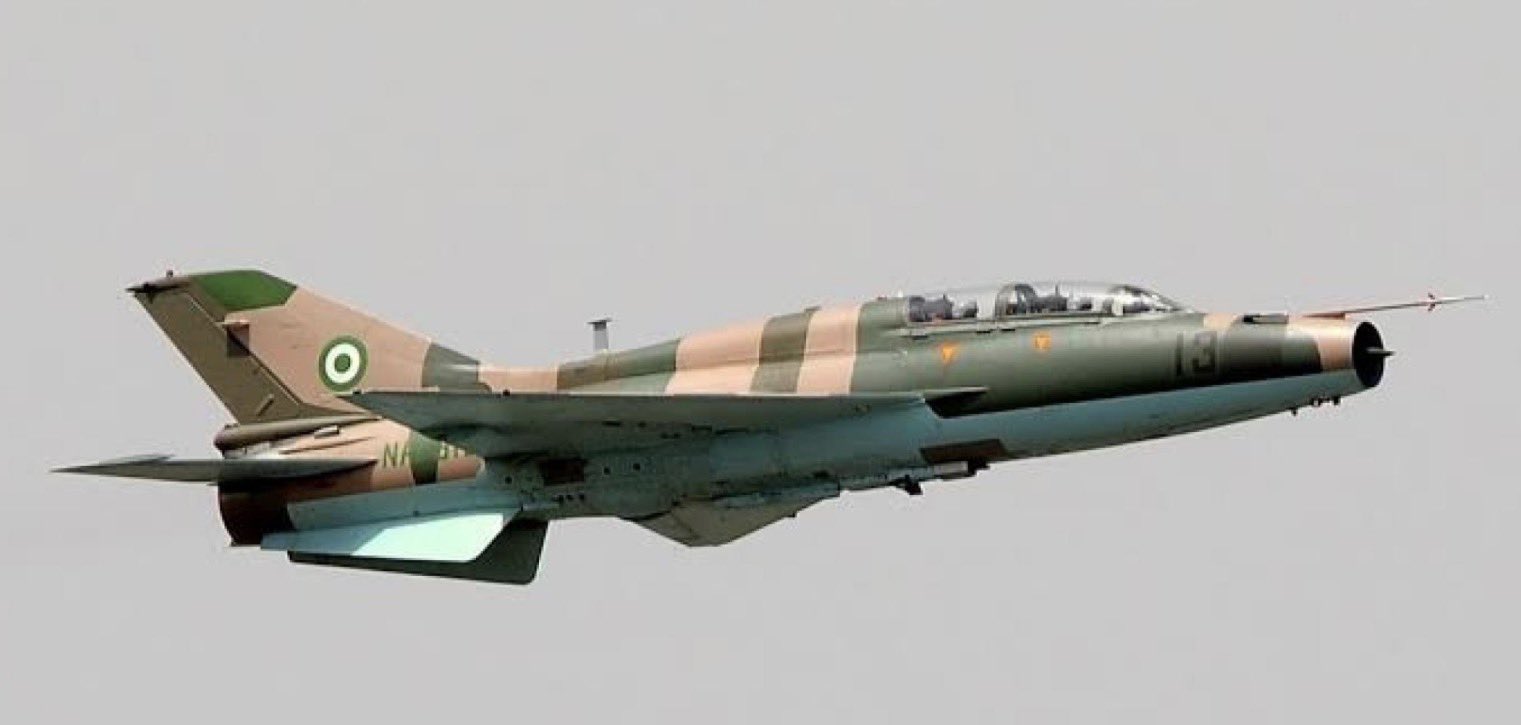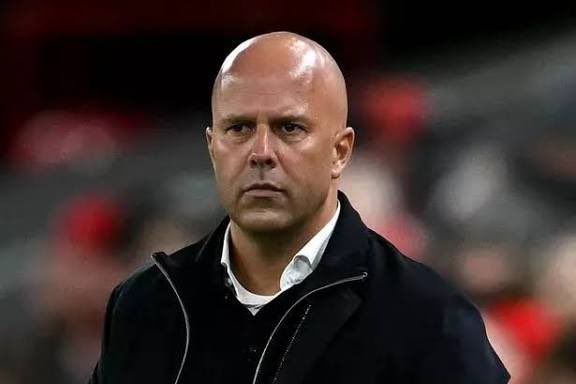

In what many are calling a stunning turnaround for one of West Africa’s poorest nations, Burkina Faso has reportedly earned a staggering $18 billion from its gold mines since Captain Ibrahim Traoré assumed leadership. The remarkable surge in revenue marks one of the most dramatic economic shifts in the country’s modern history, painting a picture of a nation clawing its way from instability toward self-reliance and prosperity under a young, fiery, and controversial leader.
Since taking power in September 2022, Captain Traoré, who rose through the ranks of the Burkinabè army to lead a military government, has made mineral resource control a key part of his administration’s agenda. Gold, long a symbol of the nation’s potential wealth yet also its curse due to decades of foreign exploitation and smuggling, has now become the foundation of a bold national revival. The latest reports indicate that Burkina Faso’s gold earnings have skyrocketed beyond expectations, crossing the $18 billion mark—an amount that has shocked economists and stirred pride among Burkinabè citizens who see the achievement as a testament to Traoré’s nationalistic economic reforms.
Under previous governments, Burkina Faso’s mining sector was largely dominated by foreign corporations, many of which were accused of siphoning profits abroad while the local population languished in poverty. Small-scale miners, known locally as orpailleurs, often worked under unsafe conditions, producing tons of gold that were smuggled out through porous borders. When Traoré came to power, he vowed to “reclaim the wealth of the Burkinabè people for the Burkinabè nation.” That promise, at first dismissed as populist rhetoric, has now translated into tangible figures that few thought possible.
Insiders say that the new administration’s strategy involved tightening control over gold exports, revising contracts with foreign mining firms, and encouraging partnerships that prioritized state participation and local ownership. By reinforcing security around major mining regions—especially in the north and east, which were once overrun by armed groups—the government was able to reopen mines that had been abandoned due to insurgent attacks. The result was a dramatic boost in production and formal export volumes.
Observers note that Burkina Faso’s gold output has now positioned it among Africa’s top producers, competing with Ghana, Mali, and Sudan. What makes the $18 billion figure particularly noteworthy is that it represents not just an increase in extraction but a radical shift in profit distribution. Reports suggest that more than 60% of the earnings are now directed toward national development funds and military infrastructure, while the rest supports community projects, education, and healthcare initiatives.
For many Burkinabè citizens, this achievement is more than an economic milestone—it is a moment of national pride and symbolic victory against decades of exploitation. Across Ouagadougou and beyond, social media has been flooded with messages praising Traoré for what they call a “golden revolution.” Young people, who make up the majority of the population, have hailed him as a leader who dares to challenge Western interests and restore African dignity through economic sovereignty.
However, not everyone is celebrating without skepticism. Critics argue that while the figures are impressive on paper, the real question is how the wealth is being distributed among ordinary citizens. Burkina Faso remains a nation struggling with poverty, insecurity, and displacement caused by jihadist violence. Economic experts warn that without strong accountability mechanisms, the newfound gold wealth could fuel corruption or be diverted toward military spending at the expense of social welfare.
Yet, Traoré’s supporters insist that the gains are already visible. Infrastructure projects, including road networks connecting rural mining communities to major cities, have reportedly accelerated. The government also claims that it has reduced illegal gold smuggling by over 70% through tighter border surveillance and digital tracking of exports. In rural areas, miners have reported receiving better prices for their gold, and local cooperatives are being formed to manage community resources—a model that many say could transform the informal mining economy into a structured, sustainable industry.
Internationally, Burkina Faso’s new assertiveness in controlling its mineral wealth has drawn both admiration and criticism. Western analysts have expressed concern about the country’s increasing alignment with Russia and its distancing from traditional Western partners such as France. Some believe that the gold boom may be facilitated by new trade channels involving non-Western partners, giving Burkina Faso more flexibility in its economic policies but also reshaping the geopolitical landscape of the Sahel.
Still, what cannot be denied is that Traoré’s leadership has introduced a new sense of defiance and independence into Burkina Faso’s political and economic narrative. The 36-year-old leader, often seen in his military fatigues and beret, has become a symbol of youthful resistance against neocolonial structures. His speeches, frequently infused with revolutionary zeal, resonate across Africa’s youth population, many of whom view him as part of a new generation of leaders unafraid to take control of their nations’ natural resources.
As the figures continue to circulate, analysts are scrambling to understand how a country that was once dismissed as an economic underdog has managed to turn its fortunes around in such a short time. Some suggest that the combination of state-led management, improved security, and reduced corruption in the mining sector created the perfect conditions for growth. Others credit global market trends, as gold prices have surged in recent years due to global inflation, geopolitical tensions, and a growing demand for safe-haven assets.
Whatever the case, the $18 billion milestone is now a defining chapter in Burkina Faso’s modern history. The figure not only underscores the country’s vast natural potential but also raises the question of how far national ownership and resource control can go in transforming African economies that have long been trapped in cycles of dependency. For a nation that has endured coups, insurgencies, and economic stagnation, the success story—however contested—offers a glimpse of hope.
Captain Ibrahim Traoré, for his part, has remained modest but firm in his message. In a recent speech, he reiterated his commitment to building a self-reliant Burkina Faso. “We are not beggars,” he declared. “Our land is rich, our people are strong, and our destiny is in our own hands.” His words, echoing across the gold-rich plains of the Sahel, capture the essence of a country on the move—one that is reclaiming its voice, its wealth, and its future.
As Burkina Faso continues to mine the depths of its soil, both literally and metaphorically, the world watches closely. Whether this $18 billion success marks the beginning of long-term transformation or a fleeting moment of gold-fueled glory remains to be seen. But for now, one thing is certain: Ibrahim Traoré’s Burkina Faso has struck gold—not just in its mines, but in its newfound belief that Africa can rise on its own terms.


